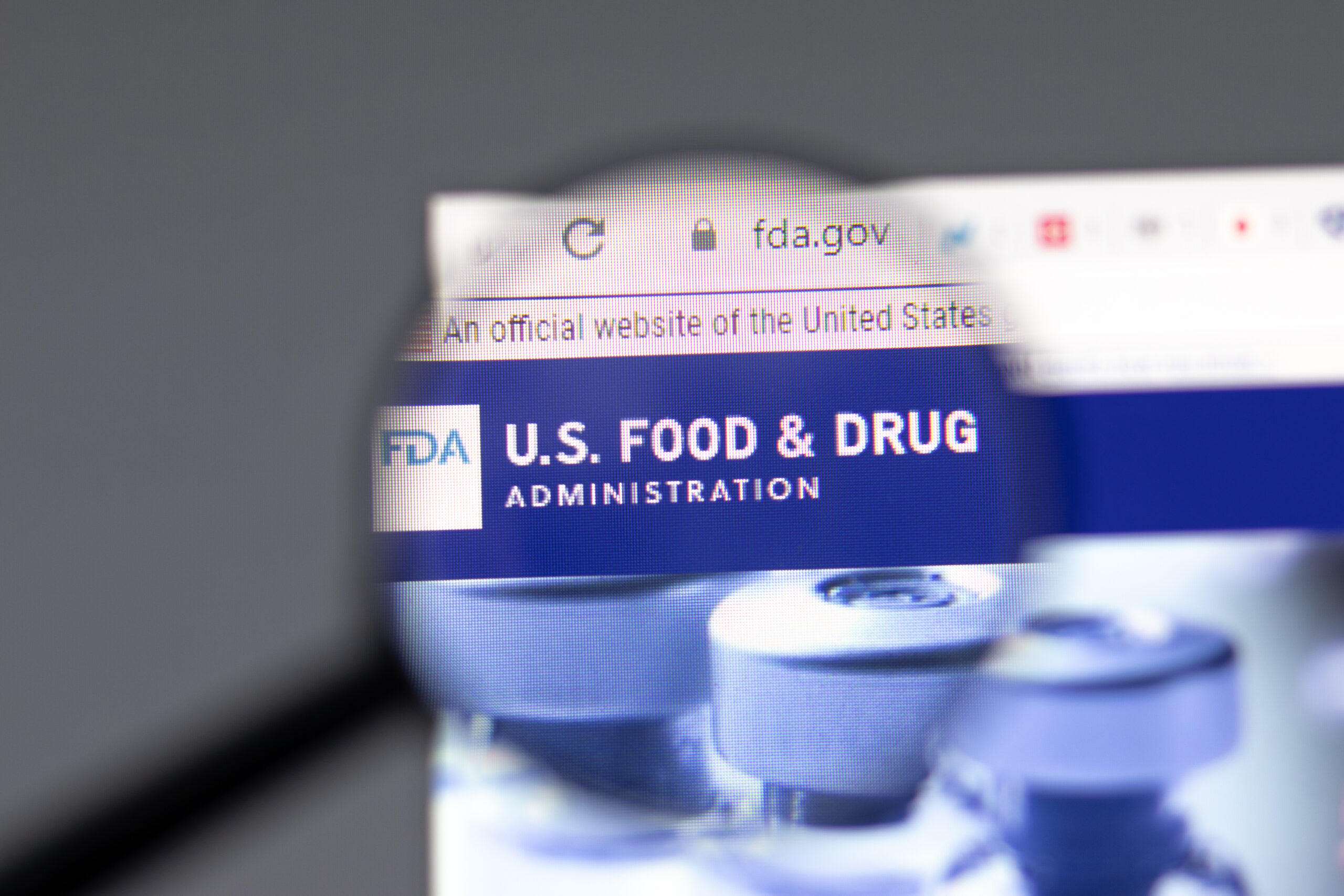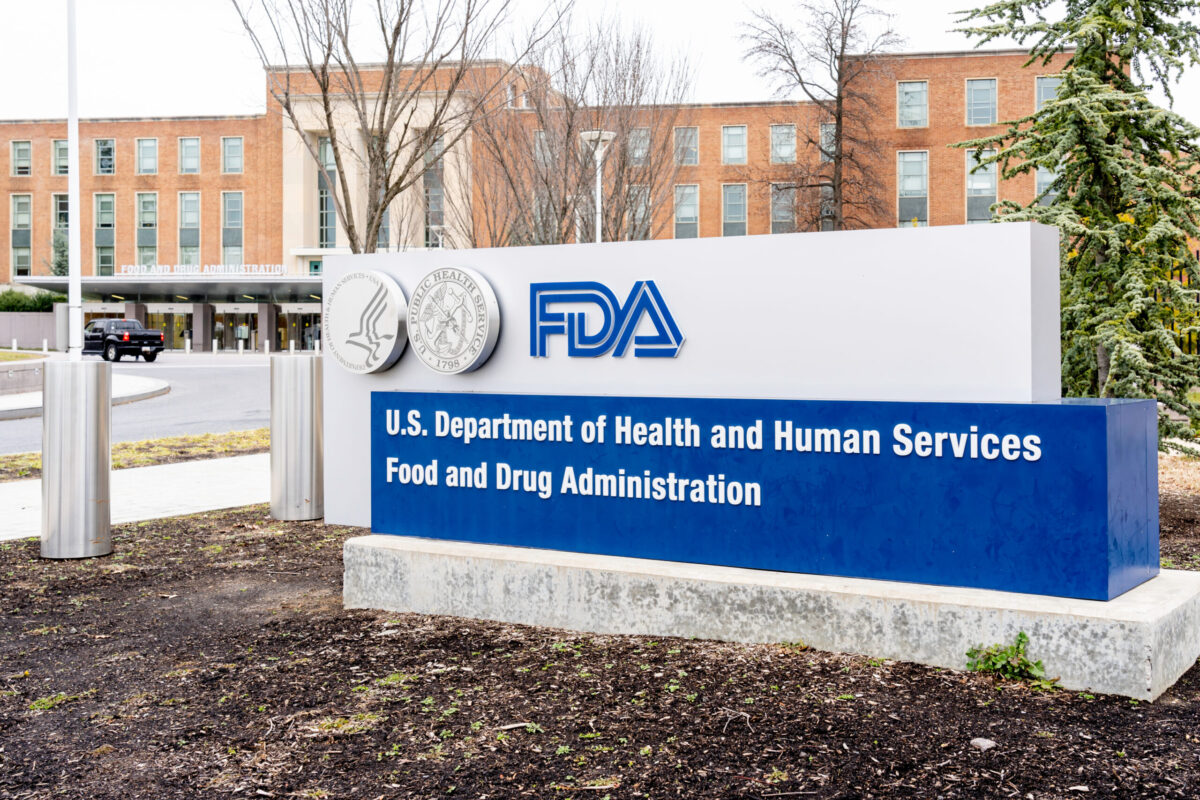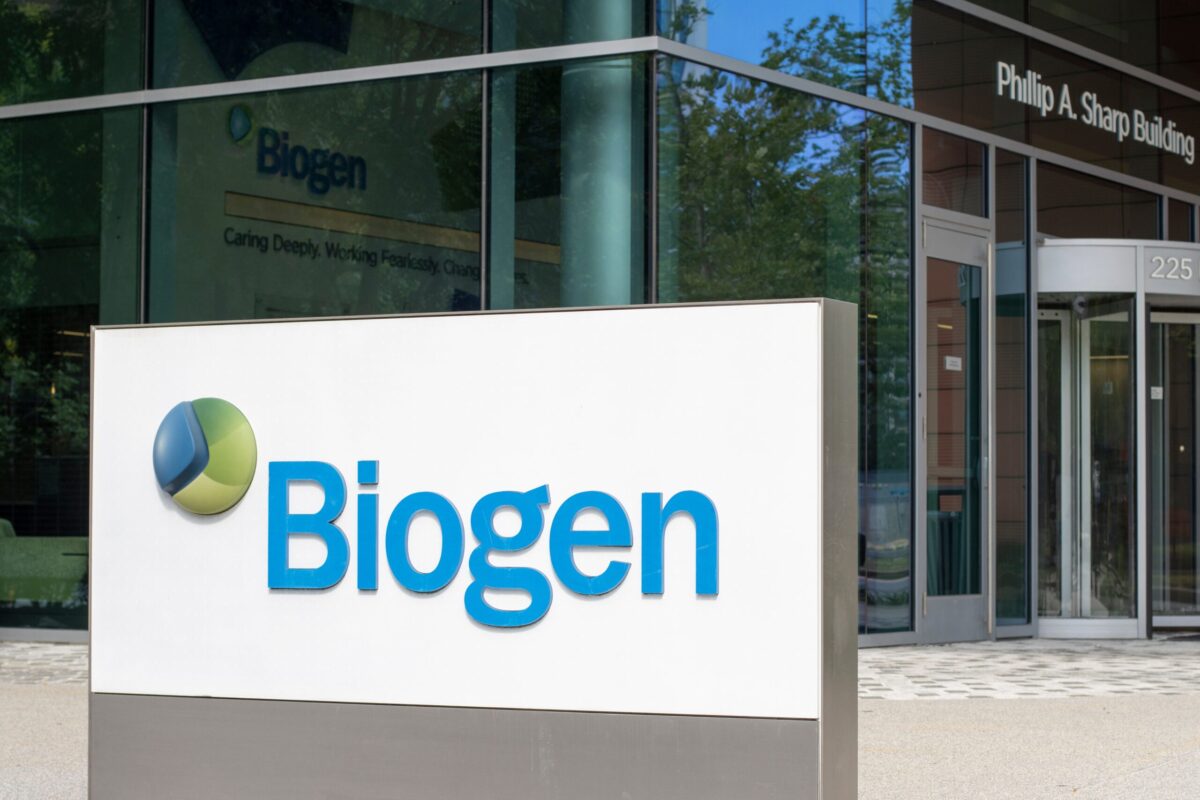In advance of an advisory panel meeting, the US Food and Drug Administration (FDA) has released documents regarding the safety of an experimental psoriasis drug in development by Valeant Pharmaceuticals. During clinical trials of the treatment, six participants committed suicide but the FDA said a lack of data made it difficult to determine the events’ effect on drug safety.
After a Phase III clinical trial indicated that the drug was effective at treating moderate-to-severe plaque psoriasis, Valeant ended the study ahead of schedule. Valeant acquired the drug – called brodalumab – late last year from AstraZeneca, paying $100 million for the global rights. AstraZeneca recently backed out of that agreement, instead granting LEO Pharma exclusive European rights to the drug.
In two Phase III clinical trials, brodalumab proved more effective that the placebo, as measured by the Psoriasis Area and Severity Index (PASI) score. What’s more, the drug also showed increased efficacy over Johnson and Johnson’s psoriasis drug, Stelara, in an additional 12-week clinical trial. The FDA advisory panel is set to review brodalumab today.
In all, four participants committed suicide during the three Phase III clinical trials, along with two individuals in previous studies. While of the suicide cases was thought to be the result of an accidental drug overdose, the events still elicited safety concerns from the FDA.
In addition to the suicide connection, FDA reviewers were also concerned that the psoriasis drug could raise the risk of cardiovascular events in those taking the drug. As a monoclonal antibody, brodalumab disrupts the interleukin-17 receptor A (IL-17RA), a part of the pathway thought to be involved in the pathogenesis of psoriasis.
“The available data raise concerns about a potential interaction with cytokines in the central nervous system and an impact on cardiovascular atherosclerosis,” said the FDA report. “Limited controlled data in the brodalumab development program for these uncommon events makes the assessment of risk-benefit for brodalumab challenging.”
Former Valeant CEO, Michael Pearson was optimistic when the rights to the drug was first acquired from AstraZeneca. “We are delighted we were able to reach a licensing agreement with AstraZeneca to commercialize brodalumab, which is potentially the most efficacious therapy yet for moderate-to-severe plaque psoriasis,” said Pearson. However, as AstraZeneca has ended the licensing agreement, Valeant only holds the US, non-Japanese, and non-European market rights for brodalumab.
Regardless of its success at today’s safety hearing, Valeant is expected to face some formidable opponents in the psoriasis space. Two new IL-17A antagonists, Novartis’ Cosentyx and Eli Lilly’s Taltz, have recently won FDA approval.












Join or login to leave a comment
JOIN LOGIN